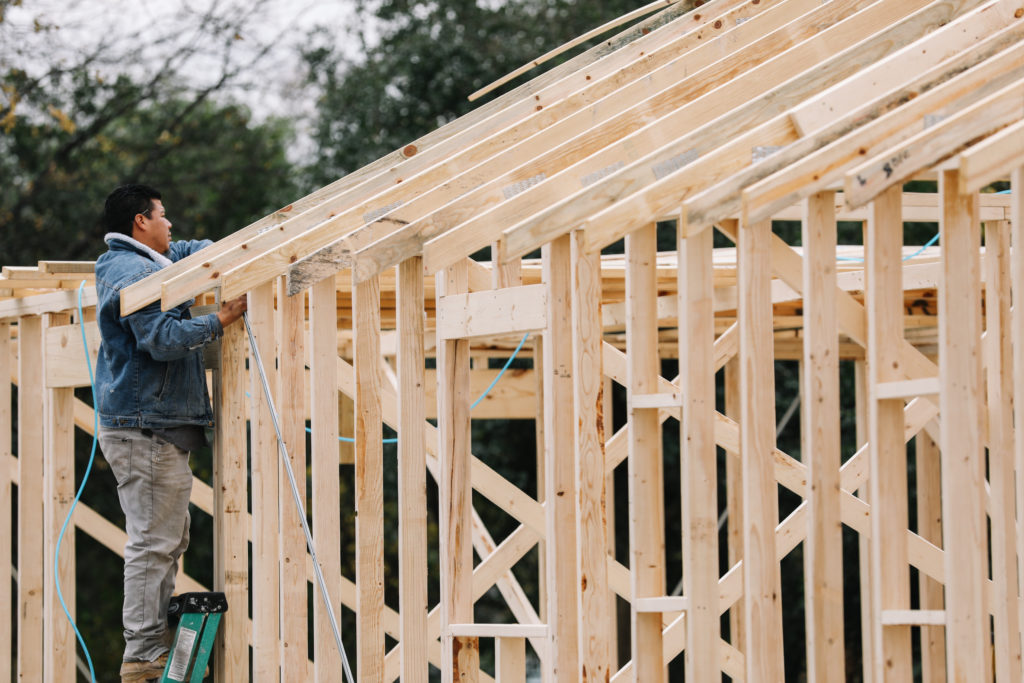“Housing is not an individual challenge but a community issue that requires the attention of our local government,” Lourdes Castro Ramírez explains.
A little more than a year after starting their work, the Mayor’s Housing Policy Task Force presented a 10-year plan to City Council to realize 11 affordable housing policy priorities and 24 strategies. This bold recommendation, part of a larger recommended $1.03 billion investment, and the accompanying 53-page report captures the engagement of over 550 community members, overwhelmingly made-up of volunteers across San Antonio, including Lourdes herself who chaired the Task Force. Their purpose was clear: make stable housing a reality for all San Antonio families.
The intentionality with which the volunteers came together—from developers to activists, housing experts to parents and neighbors—along with the fact that the process wasn’t a “city or consultant-run effort,” led to policy recommendations informed by the different histories and needs of San Antonians. “We developed a very unique process that I think garnered trust,” Lourdes explained.

Lourdes Castro Ramírez | Photo by Vanessa Velazquez
The volunteers began an earnest exploration of the affordable housing crisis, tackling first the very definition of the term. They found that the definition of affordable housing was based on area median income [AMI] data that included Boerne and New Braunfels. Knowing San Antonio is one of the most economically segregated cities in the country, they sought to isolate and analyze San Antonio data. Close to one in two renters and one in five homeowners in San Antonio are spending more than the recommended 30% of their income towards housing. “This really was a gamechanger for us,” Lourdes said.
“We’ve seen housing costs increasing by about five percent per year while incomes have been increasing less than two percent per year,” Lourdes said, adding that San Antonio has failed to provide affordable housing units for people whose income is less than $14,780 per year. Or rather, those working at approximately minimum wage, which is $15,080 annually. San Antonio is short over 16,000 housing units for this population. “So, we sort of in some ways have a kind of perfect storm, right?”
Lourdes is especially proud that the work helped normalize conversations around affordable housing and created a sense of urgency for City officials to act. “I would have never imagined that we would be kind of where we are,” she said, reflecting on the volunteer-led effort that resulted in an additional $17 million towards affordable housing from the City’s general fund budget, and a $1 million risk mitigation fund to help rapidly rehouse San Antonians who are displaced. “I really do think that we have made housing the priority in San Antonio,” she added. “Affordable housing provides stability. Once you have stability, then you have [access to] opportunity.”

